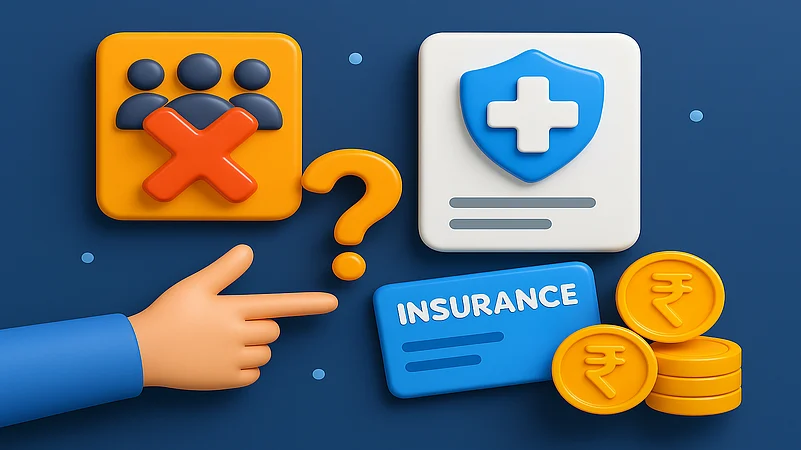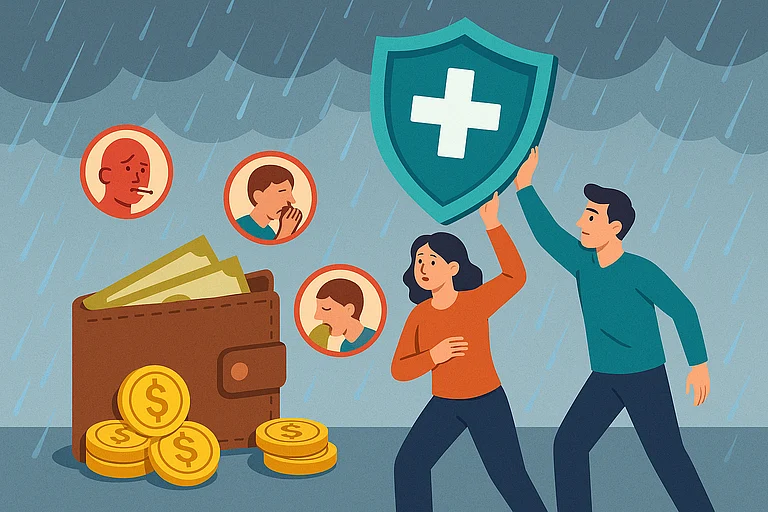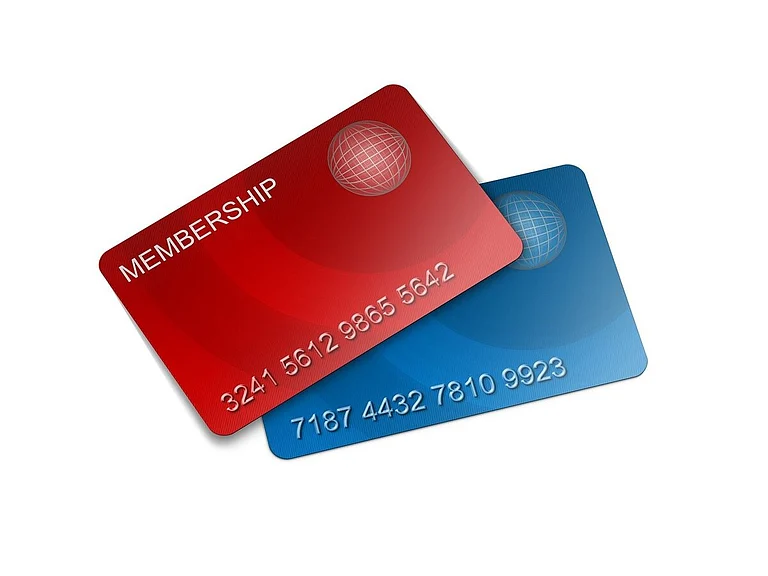Amid disruptive technological advancements, particularly artificial intelligence (AI), many information technology (IT) companies are facing the brunt. However, it is not just IT; other sectors are or will be getting affected sooner or later. Though losing a job could be sudden, and finding a new one may take some time, one should be mindful to put the time and resources to the best use and financially protect oneself and family. One of the ways to do this is to have a health insurance policy. However, isn’t it better to convert your group health insurance policy into an individual policy? Here is what experts say.
Usually, when employees are laid off, companies pay them for the notice period. This is a crucial period to complete the necessary formalities.
According to Priya Deshmukh, Head Health Products, Operations & Services, ICICI Lombard, “Group health insurance coverage generally ends on the last working day of employment. However, employees are often given the option to seamlessly convert their group coverage into an individual policy to ensure uninterrupted protection.”
Health insurance is a crucial safeguard against the big expenses of medical emergencies. So, it is advisable to explore the option of continuing your insurance policy.
According to Vinayak Jayaram, Chief Human Resources Officer, Zurich Kotak General Insurance Company (India) Limited, “Since employers are the master policyholders, employees are covered only during their tenure. On exit, group health coverage ceases. While a direct conversion isn’t possible, employees may request migration from a group policy to an individual retail indemnity policy by contacting the same insurer up to 45 days before resignation or layoff. Migration is subject to the insurer’s prevailing underwriting guidelines.”
However, Deshmukh says that the employees can request conversion by applying to the insurer within 30 days of layoff.
So, depending on the insurers, the time frame could range from 30 days to 45 days. Employees should apply for the policy's conversion within this time frame by submitting the required documents and ensuring that the benefits remain intact. A delay in completing the formalities might cause them to lose the policy and its carry-forward benefits.
What To Consider When Converting The Policy?
Group policies are usually offered at low premiums, and converting them into an individual policy may increase your premium.
Deshmukh says, “Premiums may be higher for individual policies as they are tailored to the individual’s age, health, and coverage needs.
So, check the change in premium and its affordability, as well as policy benefits.
Jayaram says that transitioning to an individual health plan ensures continuity of coverage and safeguards against unexpected gaps due to circumstances like a sudden interruption in a job.
Although many are aware of the idea of having a separate insurance policy to stay in good standing in terms of health-related financial security, in reality, they ignore buying the policy.
In that case, conversion could be a viable option to consider. Deshmukh counts the benefit of conversion, saying, “The main advantage is continuity of coverage, that is, waiting periods already served under the group policy are carried forward. This ensures uninterrupted protection for pre-existing conditions and eliminates the need to start a fresh policy.”
However, she highlights that the premium cost of the policy may increase, but the benefit of retaining continuity and avoiding fresh exclusions often outweighs the price difference.
So, if one finds oneself amid a layoff situation or a sudden closure of the company or other such situations, consider conversion of health policy to ensure the best of health safeguards so that health exigencies cannot add to one’s financial burden.

















